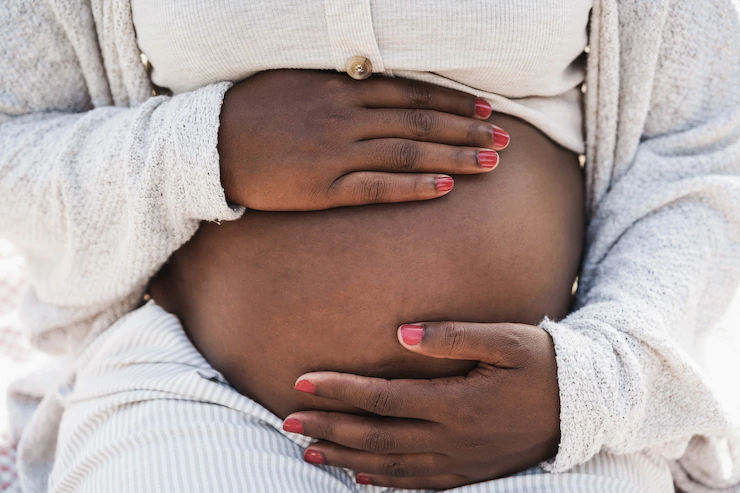Introduction
Pregnancy is a natural and beautiful part of a woman’s life, accompanied by various physical and emotional changes. However, in South Africa, discussions around pregnancy and sexuality can be hindered by cultural taboos, societal norms, and misconceptions. This article aims to shed light on the importance of addressing these taboos and concerns surrounding pregnancy and sexuality in South Africa, promoting open and informed discussions, and providing support for pregnant individuals to maintain a healthy sexual life during pregnancy.
- Challenging Taboos and Cultural Beliefs
In many cultures, discussions about sexuality during pregnancy are often considered taboo, leading to a lack of knowledge and understanding. It is important to challenge these taboos and cultural beliefs by:
a) Promoting Education: Educating individuals, families, and communities about the normalcy of sexual desire, intimacy, and activity during pregnancy is crucial. Providing accurate information about the changes that occur during pregnancy can help dispel myths and misconceptions.
b) Encouraging Open Dialogue: Creating safe spaces for pregnant individuals and their partners to discuss their concerns, desires, and questions about sexuality during pregnancy can help normalize the topic and address any fears or anxieties they may have.
- Physical and Emotional Changes
Pregnancy brings about various physical and emotional changes that can impact one’s sexuality. Understanding these changes and their implications can foster a healthy sexual relationship during pregnancy. Some common concerns include:
a) Physical Changes: Physical changes such as breast tenderness, weight gain, fatigue, and changes in libido can affect an individual’s sexual desire and comfort. It is essential to acknowledge and adapt to these changes, exploring alternative forms of intimacy and finding positions that are comfortable for both partners.
b) Emotional Changes: Hormonal fluctuations during pregnancy can influence mood and emotions, potentially affecting one’s sexual desire and confidence. Open communication and emotional support from partners are crucial in navigating these changes and maintaining a positive and supportive sexual relationship.
- Safety and Comfort
Ensuring the safety and comfort of both the pregnant individual and their partner during sexual activity is paramount. It is important to address concerns related to:
a) Physical Discomfort: As pregnancy progresses, some sexual positions may become uncomfortable or potentially risky. Exploring alternative positions and techniques that prioritize comfort and safety can help maintain a satisfying sexual relationship.
b) Medical Considerations: Certain medical conditions or complications during pregnancy may require modifications or abstinence from sexual activity. It is crucial for pregnant individuals to consult their healthcare provider for guidance and advice based on their specific circumstances.
- Professional Support and Guidance
Healthcare providers play a crucial role in addressing concerns related to pregnancy and sexuality. They can provide:
a) Information and Education: Healthcare providers should proactively engage in discussions about pregnancy and sexuality, providing accurate information and answering questions or concerns raised by pregnant individuals and their partners.
b) Emotional Support: Offering emotional support and reassurance can help alleviate anxieties and concerns surrounding sexuality during pregnancy. Healthcare providers should create a safe and non-judgmental environment where pregnant individuals feel comfortable discussing their needs and concerns.
c) Referral to Specialists: In cases where specific issues or complications arise, healthcare providers may refer pregnant individuals and their partners to specialists such as sex therapists, counselors, or couples’ therapists who can provide additional support and guidance.
Conclusion
Addressing the taboos and concerns surrounding pregnancy and sexuality in South Africa is essential for promoting open discussions, debunking myths, and providing support to pregnant individuals and their partners. By challenging cultural beliefs, fostering education, creating safe spaces for dialogue, and ensuring professional support, we can empower individuals to embrace their sexuality during pregnancy and maintain healthy, fulfilling relationships. Open and informed conversations contribute to the overall well-being of pregnant individuals and the promotion of a society that values and supports sexual health at all stages of life.










